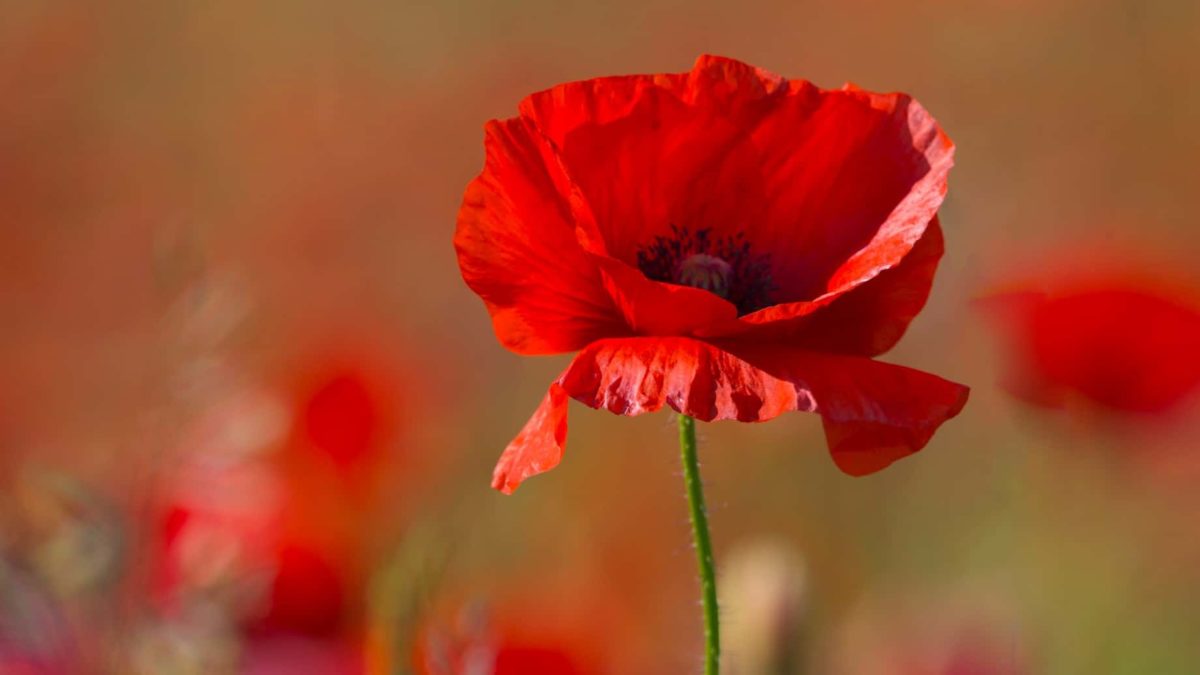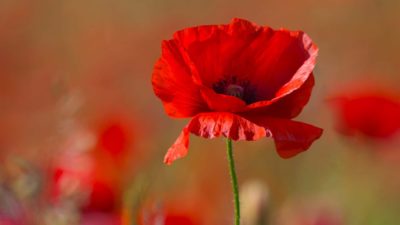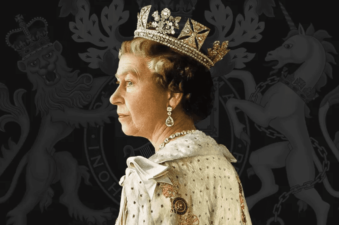I knew it. At least I must – or should – have known it.
And yet, the sight shocked me.
Driving through Northern France, a decade ago, and they were just there. Along the roadside.
Red poppies.
We had driven from Calais, on our way to the Western Front battlefields of World War One.
But it was the poppies I saw first.
Of course they were there.
Growing wildly in France, just as they had, a century earlier, while this place was the scene of unimaginable death and destruction.
Things of beauty that came to represent life. And hope.
And it is precisely because they were there, at that place, that they became symbols of Remembrance.
A vivid, natural, reminder of the service and sacrifice of our Diggers and the armed forces of Australia and her allies.
The Flanders Poppy that remains an instant and evocative touchstone.
They grew there, then.
They grow there, still.
Perhaps that, at least in part, is why they are such powerful symbols.
They are also powerfully part of John McCrae's poem of remembrance, In Flanders Fields:
In Flanders fields the poppies blow
Between the crosses, row on row,
That mark our place; and in the sky
The larks, still bravely singing, fly
Scarce heard amid the guns below.
We are the Dead. Short days ago
We lived, felt dawn, saw sunset glow,
Loved and were loved, and now we lie,
In Flanders fields.
Take up our quarrel with the foe:
To you from failing hands we throw
The torch; be yours to hold it high.
If ye break faith with us who die
We shall not sleep, though poppies grow
In Flanders fields.
Today, of course, is November 11.
Remembrance Day.
Once called Armistice Day, because it marked the end of World War One, it became a day of remembrance for all those who served, suffered and died, primarily for countries of the British Commonwealth and their allies.
After years of horror, the guns fell silent at 11am on that day.
The war, finally, was over.
And, from what had become a muddy, awful hellscape, poppies started to bloom.
Today, the area that was once the Western Front is again a bucolic, picturesque part of rural France. But the scars remain on the landscape, including old trenches, craters and the remains of simple fortifications.
And, tragically, so many war cemeteries.
I don't know that I've ever been so overcome as I was there. The only thing that comes close is the Bomana War Cemetery in Port Moresby, where the remains of too many Australian soldiers, from another war, just 20 years later, are interred.
Every French town in the area has a war cemetery. Most of them are quite large. A few, overwhelmingly so.
And the poppies flower among and around them, just as they would have when these men arrived to do their duty on the Western Front.
Men – young men – who gave their lives for their countries.
And that is what we commemorate on Remembrance Day.
We remember those who made the supreme sacrifice.
And we remember those who came home, but whose lives were irrevocably changed by the horror of war – the physical and emotional scars that they would, and do, carry for the remainder of their lives.
It is nothing less than our sacred duty.
They went with songs to the battle, they were young,
Straight of limb, true of eyes, steady and aglow,
They were staunch to the end against odds uncounted,
They fell with their faces to the foe.
They shall grow not old, as we that are left grow old:
Age shall not weary them, nor the years condemn
At the going down of the sun and in the morning
We will remember them.
Lest We Forget.






